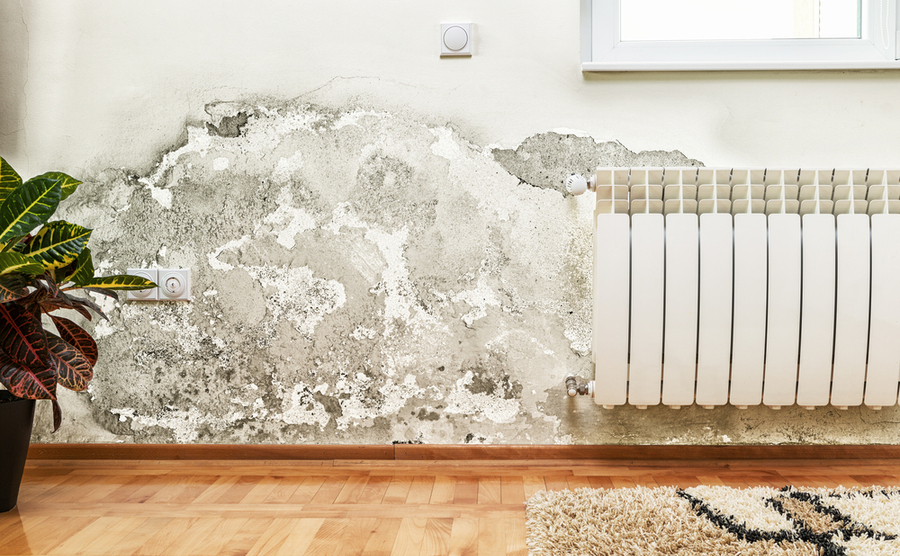Inspecting a Property in Spain

When you buy a property in Spain it’s highly important that certain checks are carried out to validate the integrity and value of the property that you are purchasing.
There are two types of checks that should be completed:
- legal checks required by law to make on a property which need to be conducted by a lawyer.
- physical checks to confirm that the property is structurally sound.
It seems obvious that you’ll want to ensure that any property you buy is structurally sound and that there are no hidden defects. Although employing a professional surveyor will come at an extra cost, it will give you the best understanding of the structural integrity of the property. There are members of Royal Institution of Chartered Surveyors (RICS) who will be able to conduct a professional physical inspection in Spain for you.
All checks need to be conducted early in the property-buying process. A reservation contract (involving payment of just a few thousand euros) may or may not offer a refund in the case if a survey being unsatisfactory, so check with your lawyer.
Your inspections should be completed before signing the deposit contract (contrato de arras) and releasing payment of the 10% deposit.
Legal due diligence
When you purchase a property in Spain, your lawyer will ensure the sale is legally sound. This will include verifying ownership and revealing any debts (encumbrances) left by the previous owner (which can happen).
In Spain, property sales are signed off at the public notary. However, their role does not include ensuring that the property is right for you, or that there are any restrictions that you might not want. For example, if you wanted to put in a swimming pool, or wanted to rent out the property.
Legal inspections involve a thorough review of all legal documents associated with the property. This includes verifying the ownership, ensuring there are no outstanding debts or encumbrances on the property, and checking if the property complies with local building laws.
Benefits of structural survey
A survey is not a mandatory part of the Spain buying process. However, having one done can offer reassurance to overseas buyers, and it is possible to have your potential home assessed.
A structural survey can be a powerful tool when it comes to negotiating the price. Any faults can be a bargaining chip. If the survey has revealed defects, then you could ask for those to be repaired by the seller. Or you could negotiate a lower price for the property to cover the costs of the repairs.
It is worth bearing in mind that there may be areas of the property that are difficult to do a comprehensive survey of because they are not easily accessible, such as the roof, under floor and plumbing.
How to find a surveyor in Spain
You can find chartered surveyors from RICS practicing in Spain. All chartered surveyors adhere to a strict level of professionalism, they will be impartial and fair.
Your lawyer or estate agent may be able to refer you to a chartered surveyor who has worked with other international buyers. Look out for the letters MRICS and FRICS, as these mean they are either a member or fellow of RICS. AssocRICS means that they are a technical surveyor. The majority of their surveyors are British, and they can write their reports in English.
If you do not have a chartered surveyor, then any reports of defects may not carry as much weight when you attempt to negotiate with the seller.
Some buyers employ a local builder or architect to check a property over. They are likely to spot obvious problems as well as offering a quote to put them right.
Types of inspections: structural and technical
Structural inspections are crucial to ensure the building is in good condition. A professional inspector will examine the property for any structural defects, including issues with the roof, walls, or foundation.
Technical inspections are vital for checking the property’s utilities, such as electrical systems, plumbing and heating. These inspections can reveal any existing or potential issues that could lead to costly repairs in the future.
Understanding inspection reports and recommendations
After a thorough inspection you will receive a detailed report outlining the property’s condition. This report will include any issues found during the inspection, the severity of these issues, and recommendations for addressing them.
The inspection should cover:
- The structure, including the ground on which the property sits, the foundations and crawl spaces. The surveyor will check for cracks (an indication of subsidence), water staining and damp, joists (if possible), door and window frames.
- Depending on the surveyor, a check for vermin, termites, rot and fungi may also be conducted.
- Plumbing will be an important element for inspection, including the air-conditioning and heating systems.
- Electrical systems will get the once over, to ensure that they meet modern standards. It should include smoke and carbon monoxide detectors too, and these should be wired in permanently.
The final inspection reports should be straightforward to understand, as well as giving an indication of possible remedies to pass on to a builder. By having these, you’ll be in a better position to weigh up the asking price for the property against potential issues.

